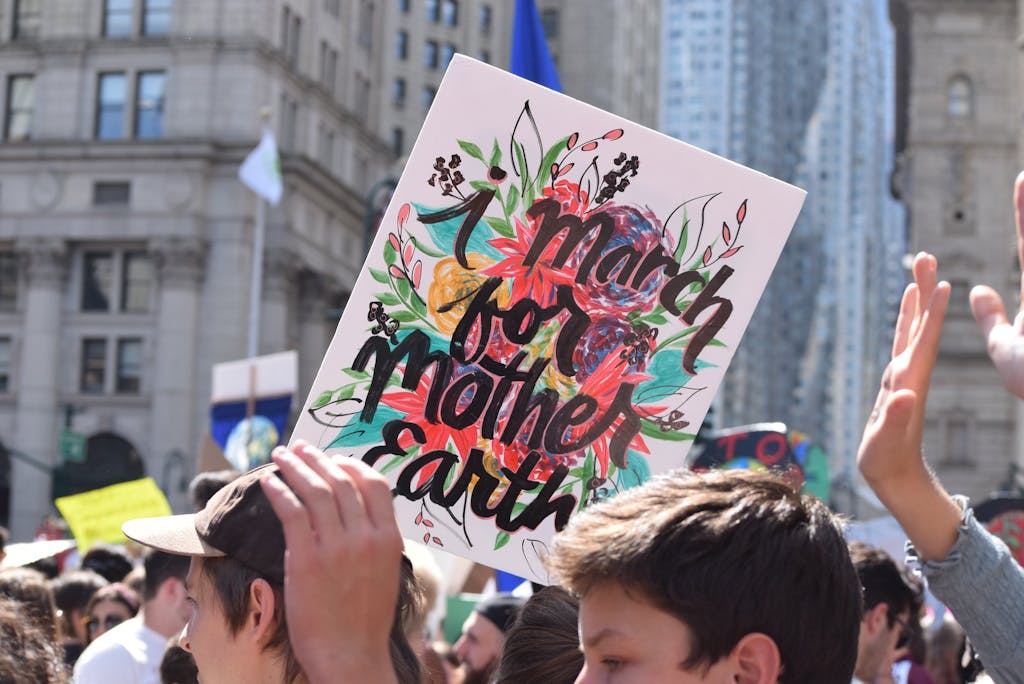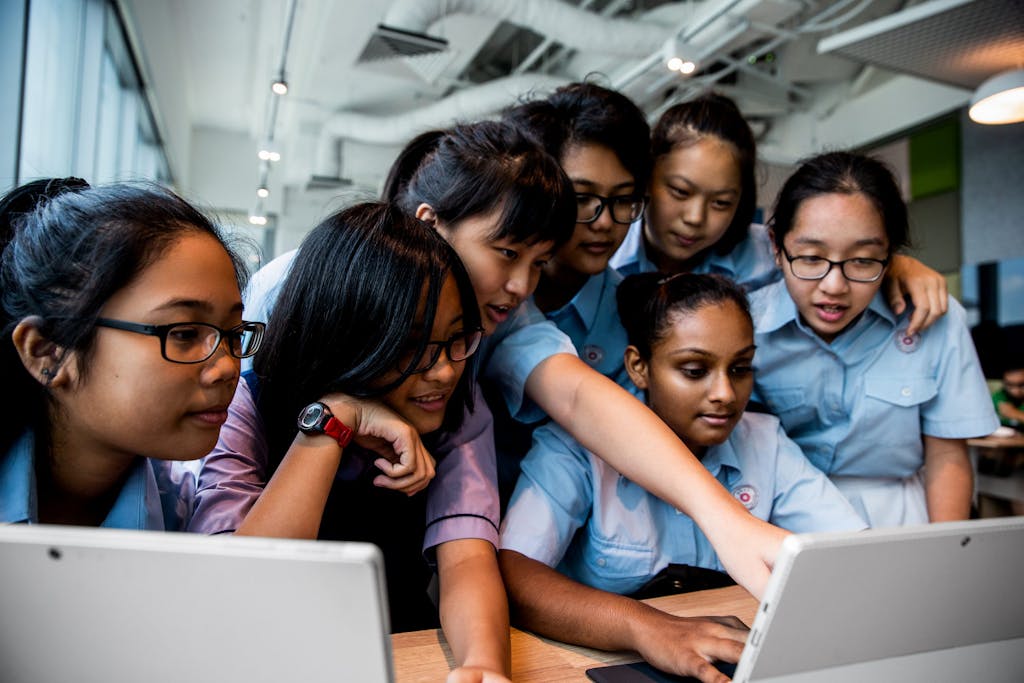It’s worth repeating that the recent predictions of multilateralism’s demise have a generational component to them. Young people are, by and large, rather hopeful for the future and believe strongly in the worth of international institutions like the United Nations. The issues they care about — climate change, human rights, economic opportunity — have international dimensions that require multilateral solutions.

Forty percent of the world’s population is aged 24 or younger, roughly 3.2 billion young people. That figure is set to grow by 200,000 by 2050, and the vast majority of youth will be in Asia and Africa.
Young people are growing up in a world marked by interconnectedness, change, calamity (in some parts), and uncertainty.
Their lives have been upended by a global pandemic that has also dealt a blow to the economy that will reverberate through their working lives. And even the dip in global emissions is likely to be short-lived feeding what has become a global climate emergency.
Roughly 1 in 5 adolescents worldwide suffers from mental health conditions. COVID-19 has only compounded the problem. It’s not hard to understand why. Schools are closed. The global economy is sagging. Alcohol, drug use, and eating disorders are up, and isolation is the new normal.
Nearly 1.5 billion children worldwide have been affected by school closures. Of these, one-third — some 463 million — cannot do remote learning because they lack access to the internet.
Amid such deep uncertainty, young people are rightfully impatient for change. They seek a better world, bolder leadership, and a brighter future.
This was the resounding message we took away from a recent virtual dialogue between former U.S. Secretary of State Madeleine Albright, former U.S. Ambassador to Japan Caroline Kennedy, and four current and former students from the Marble Hill School for International Studies in the Bronx.
These young people are clear-eyed about the stakes. They understand the value of multilateral institutions. They care deeply about global challenges, and they want a seat at the table.
Surveys back up this observation. A global “listening tour” conducted this year by the United Nations found that younger people were far more optimistic about the prospects for change to realize a better world than their older peers. Beyond recovering from the current pandemic, they favor settling ongoing conflicts, building resilient societies, tackling climate change, and achieving sustainable consumption. Whether it is COVID-19 or climate change, young people favor inclusion as part of their solutions to global challenges, as well as more protection for vulnerable populations and a fairer economy.
That is part of what UN Secretary-General António Guterres means by multilateralism that is more “networked and inclusive.” To emerge from the pandemic stronger and more resilient, multilateralism had to become more inclusive — bringing in voices from civil society, business, local leaders — and intergenerational.
A commitment to this kind of inclusion was evident at the UN’s first-ever virtual General Assembly in September, allowing record numbers of attendees, world leaders, and young people, including members of social movements and even the K-pop band BTS, to participate. It was the most inclusive opening session yet of people across ages and geographies.
Though we hope to convene in person next year, we know that across work, education, health care, and diplomacy, the pre-pandemic way of doing business no longer will cut it. Even after COVID-19 has receded from the headlines, this crisis has underscored the importance of holding more inclusive conversations going forward.
We do not need to inspire the next generation of future leaders — they are already inspired and ready to be catalysts of change. Consider the fact that campus chapters are the fastest growing part of the United Nations Association of the United States of American (UNA-USA).
Younger generations understand the stakes are high. Their futures depend on the power of collective action and international institutions to bend the curve on emissions, to achieve the Sustainable Development Goals, and to address issues of intergenerational justice.
Yet there is still much work to be done. The UN’s global conversation also revealed that too many people across the globe view the UN as remote from their lives.
The onus is on older generations to forge new and meaningful partnerships across a more diverse set of stakeholders.

Digital technologies are essential to help us do that. This requires making sure that young people across the world possess the digital skills to compete in tomorrow’s economy. With nearly half the globe still unconnected, we must do more urgently to close the digital divide. Young people are considered digital natives, but they cannot excel, prosper, or innovate without access to these technologies.
“For too long, the voices of youth have been sidelined in discussions about their future,” according to the UN75 Declaration signed by world leaders in September. “This has to change now through meaningful engagement with youth.”
We couldn’t agree more.
Featured Photo: UNA-USA




 View All Blog Posts
View All Blog Posts




